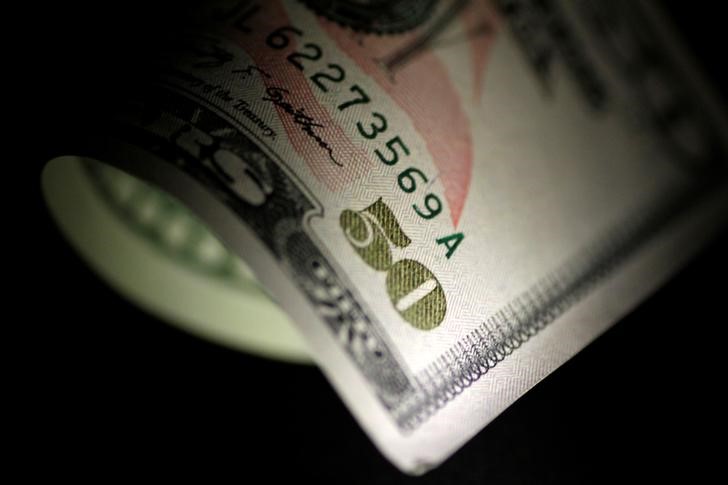By Alexandra Valencia
QUITO (Reuters) - Ecuador's new government will cut $1 billion in spending to deal with "brutal inefficiency" before potentially seeking loans from multilateral organizations, and raise some $300 million by selling gold reserves, President Daniel Noboa said in an interview on Friday.
Noboa took office last month on promises to create jobs, especially for young people, and boost investment for the struggling economy through urgent legislative reforms.
The South American country has seen a sharp uptick in violence on the streets and in prisons, which officials blame on drug trafficking gangs who move narcotics from Colombia and Peru through Ecuador.
High international prices make it the right time to sell some of Ecuador's gold reserves to fund the needs of regional and local governments, Noboa, 36, said during an interview at the presidential palace in Quito.
"It's not to lower reserves, but instead for the profit it will generate for the central bank," Noboa said. "A small percentage could generate additional profits of $300 million, which will serve to attend to the level of urgency we have with local governments."
About $2.2 billion of the country's $5 billion in international reserves are in gold, according to the central bank.
A spending restructuring will also save some $1 billion next year, he said, adding that his government will slash costs before maybe seeking loans from organizations like the International Monetary Fund (IMF).
"We've talked (with the IMF) and one of things we are in agreement on is the efficiency of public spending and reducing it by at least $1 billion in 2024," Noboa said. "We are at a level of brutal inefficiency."
Savings will come from spending cuts and reassignments of ministerial staff, he said, "which will clearly lower the deficit and also help us access international markets."
Ecuador finalized a $6.5 billion loan program with the IMF late last year and Noboa has said he will balance foreign debt obligations of some $47.4 billion with the needs of Ecuadoreans.
A tax proposal that offers amnesties on interest and fines is not a conflict of interest, Noboa said, because those holding top public offices and their families are barred from benefiting.
The corporation of the new president's father, banana baron Alvaro Noboa, owes more than $89 million in unpaid taxes, according to the tax agency.
The proposal also includes incentives for companies which employ young people, and value added tax rebates for the construction sector.
Noboa's "Phoenix Plan" for security, including a new intelligence unit, tactical weapons for security forces, new high-security prisons and reinforced security at ports and airports - key points for drug shipments - will cost some $800 million, he said.
The United States will provide $200 million worth of new weapons for the army, Noboa said, and the rest of the funds will come from the national budget.
Violent deaths nearly doubled in Ecuador in the year through Nov. 22, according to police figures, rising to 6,940 from 3,983.
"We need to give both things at the same time," Noboa said. "Give people security and attack unemployment."
